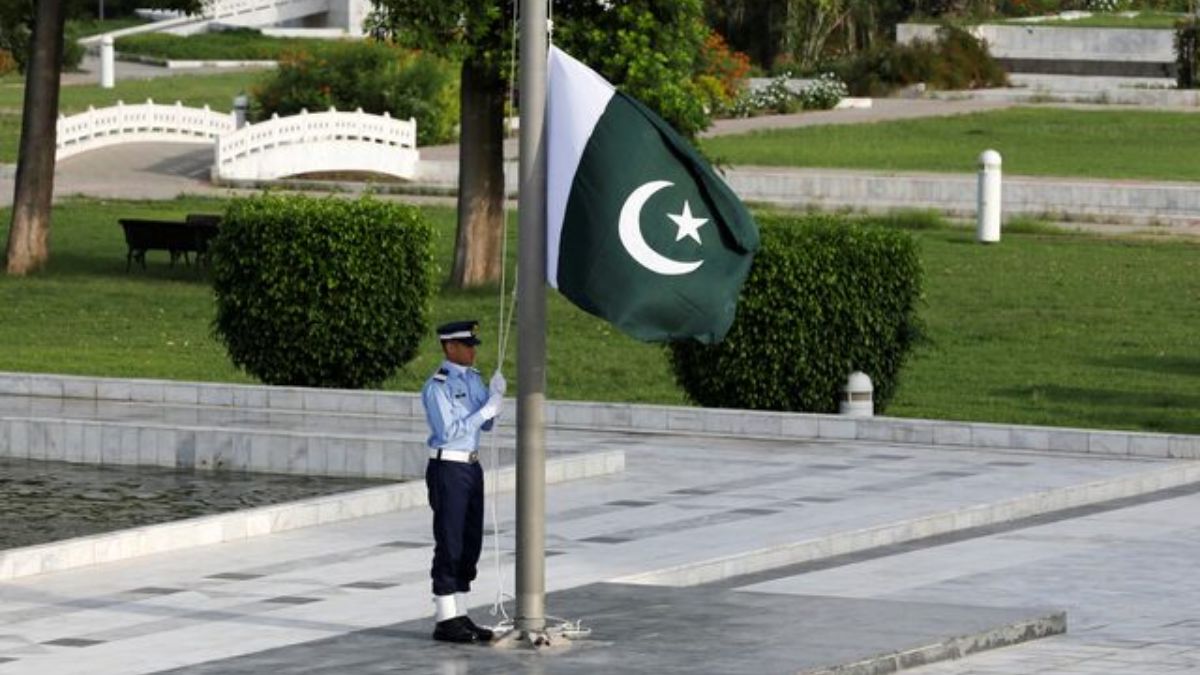A visiting European Union delegation is assessing Pakistan’s Generalised Scheme of Preferences Plus (GSP+) status as concerns mount over alleged electoral irregularities and human rights violations, particularly against the Pashtun community.
According to an Economic Times report, the review comes as fresh reports and videos circulate online, alleging rigging and manipulation in two recent by-elections.
The controversy deepened after former prime minister and PPP Central Punjab president Raja Pervaiz Ashraf demanded an impartial investigation into accusations raised by Dost Muhammad Khosa, the party’s defeated candidate for National Assembly constituency NA-185, added the report.
Meanwhile, in the aftermath of a recent terror attack in Peshawar, security forces have launched lethal operations targeting Pashtun minority groups in Khyber Pakhtunkhwa, raising further alarms among rights advocates.
Sources told ET that the combination of election-related malpractice and minority rights violations poses a “serious setback” for Pakistan’s GSP+ review — and represents issues the EU “cannot overlook” during its ongoing assessment.
What is GSP+ status?
The EU’s GSP+ scheme offers developing countries zero import duties on two-thirds of their exports in return for progress on sustainable development and good governance.
To qualify, countries must fully implement 27 international conventions on human rights, labour standards, environmental protection and good governance.
Pakistan’s compliance grants it duty-free or low-duty access for key exports — including apparel, home textiles and surgical instruments — a benefit highlighted in a 2022 commerce ministry report.
Quick Reads
View AllExport earnings to the EU reached $3.17 billion between July and October, up from $3 billion in the same period last year, according to a Dawn report, citing State Bank of Pakistan.
Countries with GSP+ status face strict oversight: they must meet reporting obligations, undergo regular monitoring and maintain ongoing dialogue with the EU.
A public progress report is submitted to Brussels every two years to assess continued implementation of the 27 conventions.
With inputs from agencies
)